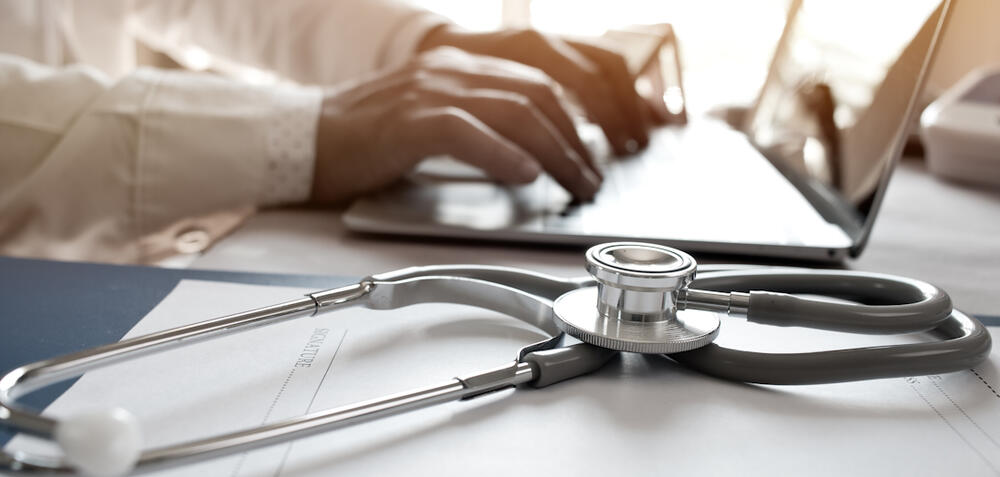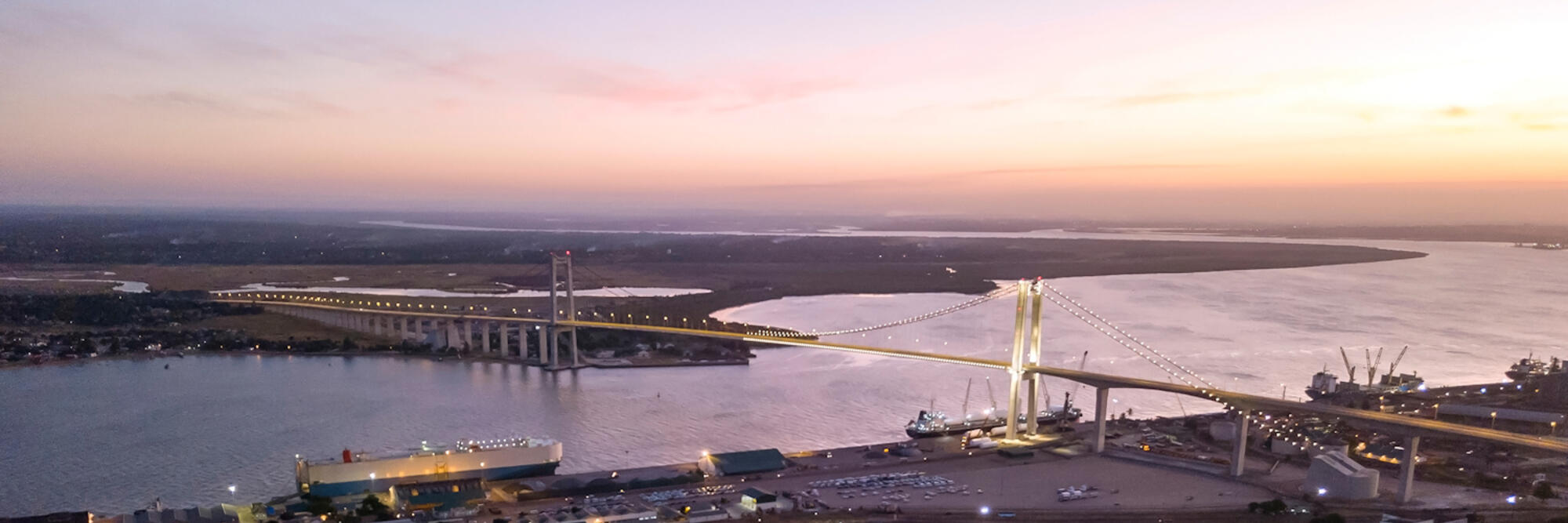Finding quality healthcare in Mozambique can be a challenge. The country’s healthcare system is underdeveloped and poorly equipped to deal with the high levels of poverty.
The public healthcare system in Mozambique is basic and very limited. Expats are not entitled to public healthcare, so they rely on private healthcare facilities instead. These are in short supply, with most found in Maputo. Most expats, as well as wealthier Mozambicans, opt to travel to neighbouring South Africa for elective procedures.
Public healthcare in Mozambique
The standard of public healthcare in Mozambique is likely to be lower than what many expats may be used to. Frequent staff and supply shortages are major issues for public hospitals, resulting in long waiting times, even for basic care.
Private healthcare in Mozambique

There are several private clinics in Maputo and the larger cities in Mozambique. Doctors at these clinics, who are often expats themselves, tend to be well trained, experienced and usually speak English.
Maputo Private Hospital is the most reputable. It was one of the first private hospitals to open in Mozambique in 2012, though other private hospitals have launched their operations since. It is fully equipped to deal with emergencies and has obstetrics, paediatrics, and radiology departments.
Health insurance in Mozambique
Domestic health insurance is not very common or widely used in Mozambique. The government funds the nation's public healthcare system, which aims to offer all residents access to fundamental medical treatment, but the system is underfunded and frequently lacks resources, necessitating comprehensive international health insurance.
As Mozambican public healthcare facilities generally lack the resources to provide adequate care, you should choose a plan that covers the costs of private hospitalisation and possible medical evacuation to South Africa.
Pharmacies and medication in Mozambique
Pharmacies, or farmácia in Portuguese, can rarely be found outside Mozambique’s major cities, like Maputo or Beira. Medications are mostly imported, and supply can be unreliable, with pharmacies often running out of basic medication. Due to this, you should always check the expiry dates on packaging.
It is also a good idea to know the generic name for important medications, as brand names vary between countries. If possible, you should try to bring chronic and basic medicines such as paracetamol and malaria tablets with you from your home country.
Health hazards in Mozambique
Malaria is endemic in Mozambique. Ensure that you take anti-malaria medication as directed by your healthcare professional. Making use of insect repellants and mosquito nets can help reduce the risk of getting malaria further.
Bilharzia, a parasitic infection found in freshwater, is also a danger. Tap water in Mozambique is not safe to drink – be sure to use bottled, boiled or treated and filtered water instead.
Vaccinations in Mozambique
There are no mandatory vaccinations required for entering Mozambique. It’s recommended, however, that you keep standard vaccinations up to date, including those for mumps, measles, rubella, diphtheria, polio, tetanus and typhoid. Annual flu and Covid-19 vaccinations are also recommended, but not required.
Emergency medical services in Mozambique
- Police: 112 or 119
- Medical: 117
- Fire: 198
These numbers tend not to be reliable, so it's best to keep the contact details of the nearest hospital on hand for medical emergencies. Private ambulances are usually only available in the capital. Outside Maputo, such services are generally unreliable due to the poor state of the national roads. Air evacuations are often the only option to get to a hospital quickly.
